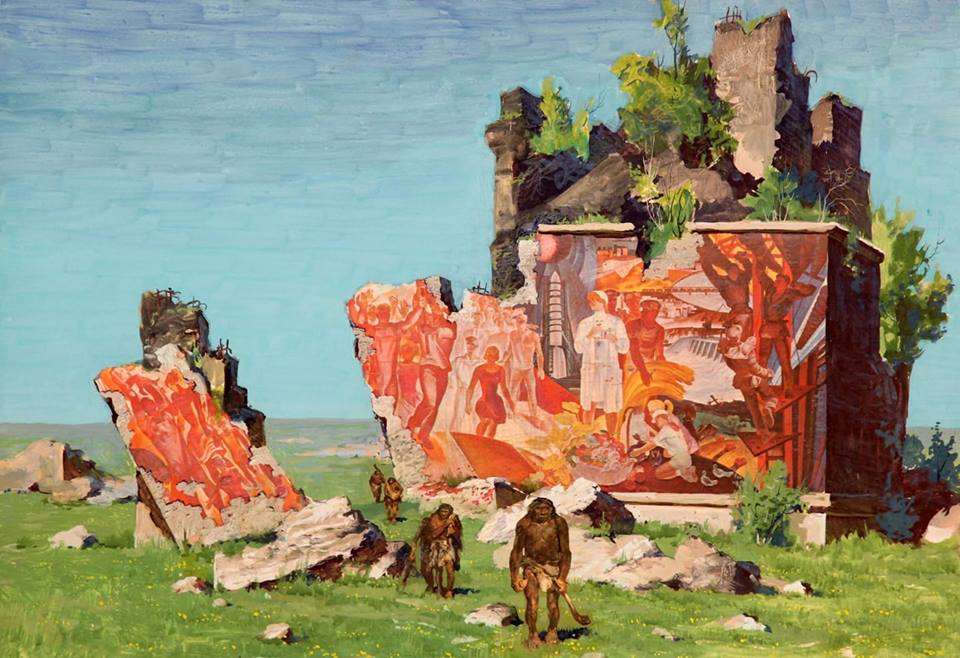Islam and Modernities by Aziz Al-Azmeh, 3rd edition,London:Verso , 2009
In this collection of essays by the Syrian historian Aziz Al-Azmeh, based at the Central European University in Budapest, the author provides a searing critique of both postmodernism and (multi)culturalism and of the radical Islamism that has arisen over the past 30 years in response to the Western onslaught on the Muslim world. In the preface to the third edition, Al-Azmeh attacks "culturalism and its correlative postmodernist and postcolonialist cant that betokens the ideological and conceptual hegemony of the Right over the Left, and the domestication of the latter by the former, most especially in Europe and North America since 1989." Not that he has any use for the "right-wing, fascist and hyper-nationalist ideology" of the Islamic reaction. On the contrary, he defends the Western Enlightenment – the chicken to the postmodern egg – against critics who trace today's intellectual and politic quagmire to that same Enlightenment, insisting that any progress must derive from it.

 neologism arising from unremitting cyber innovations. As the world careened into what will henceforth be known as the Internet Era, we had such neologisms as
neologism arising from unremitting cyber innovations. As the world careened into what will henceforth be known as the Internet Era, we had such neologisms as Reflections from Tashkent circa 2003
Reflections from Tashkent circa 2003



